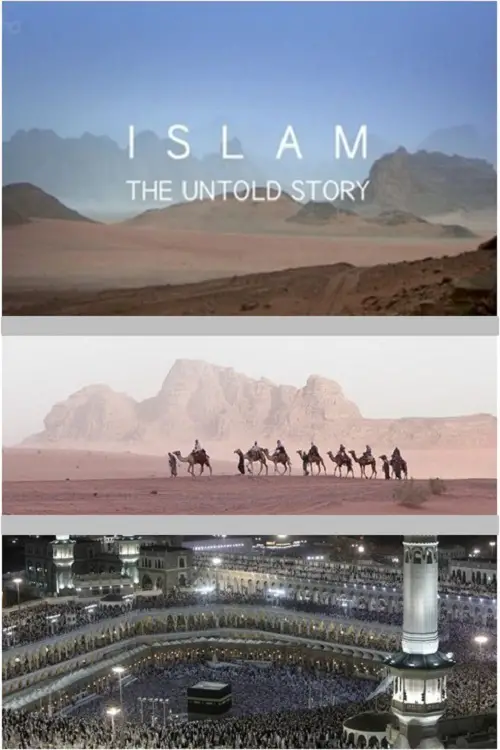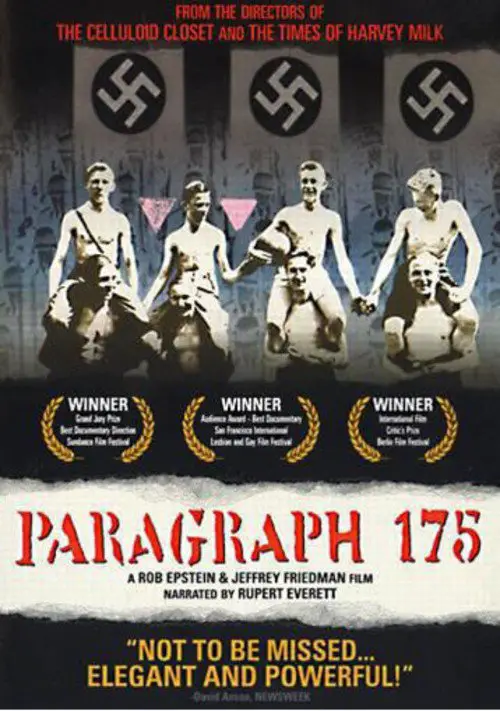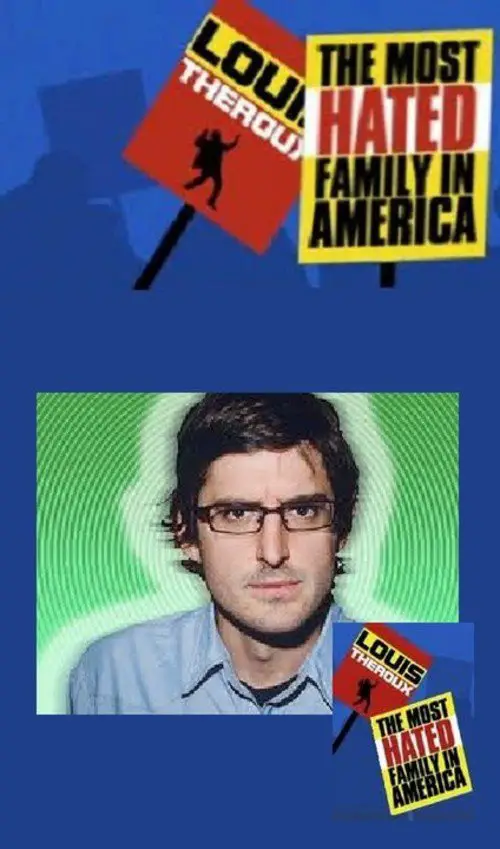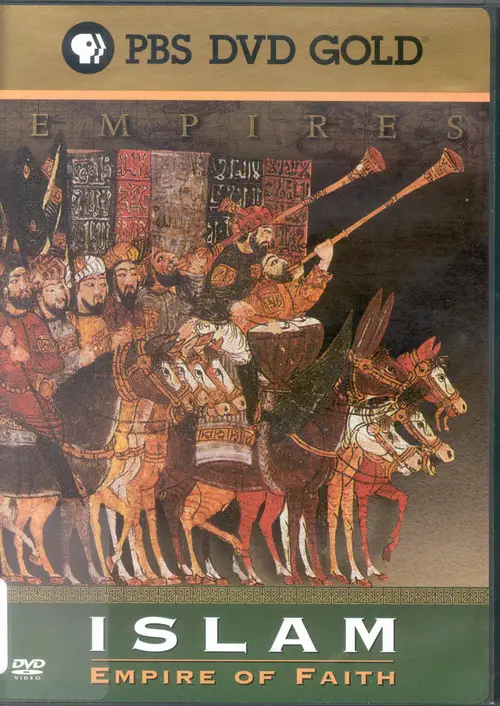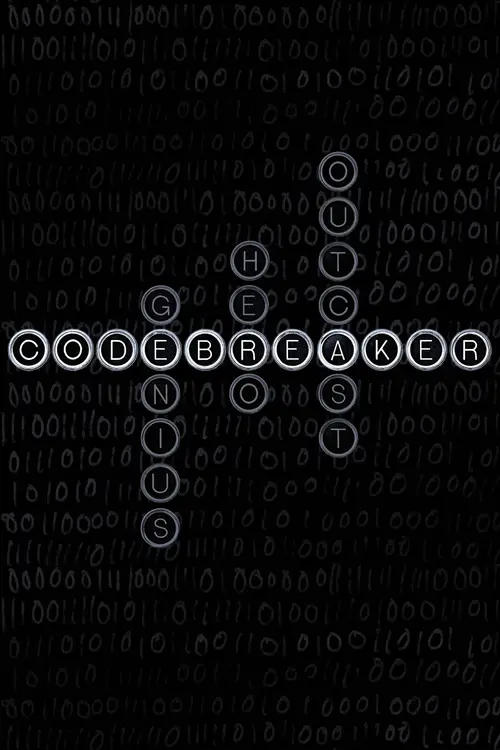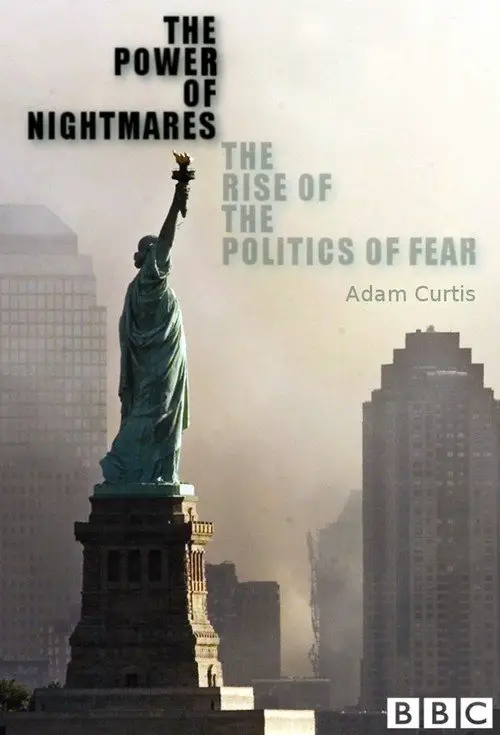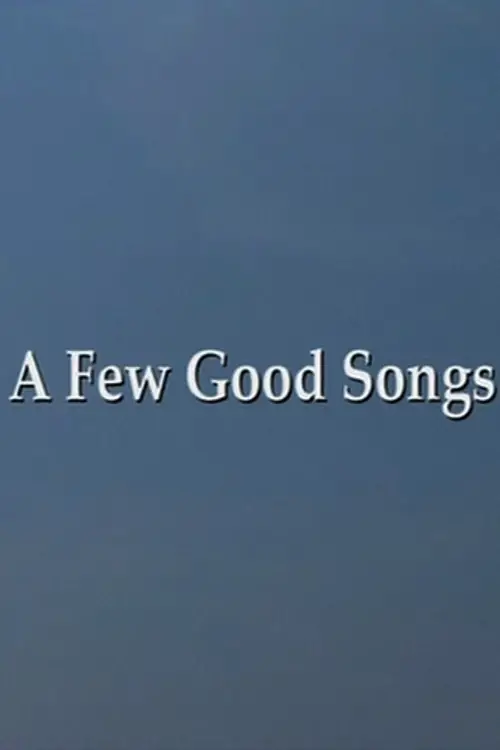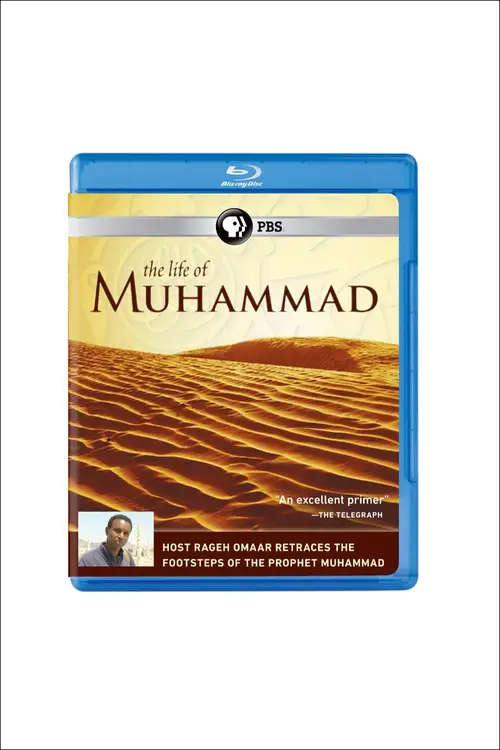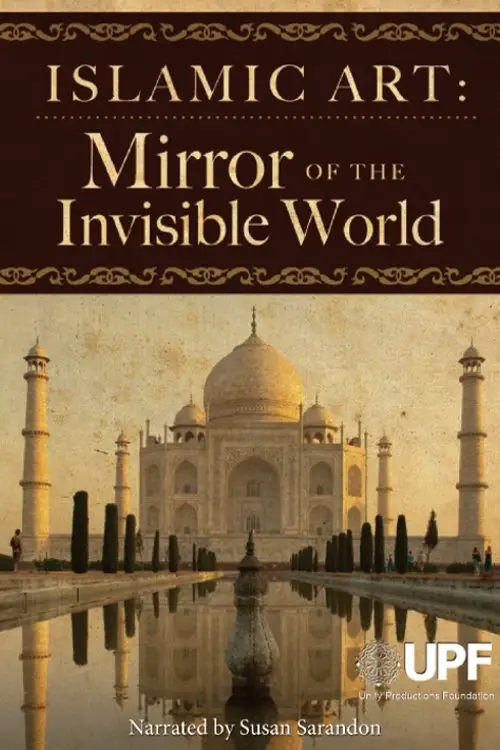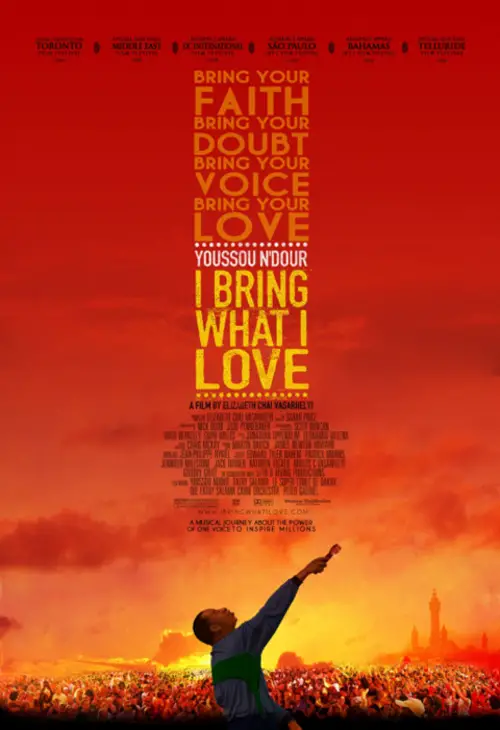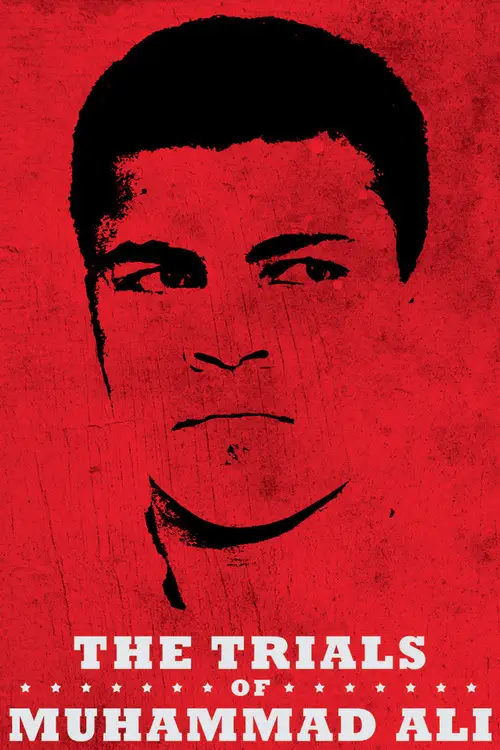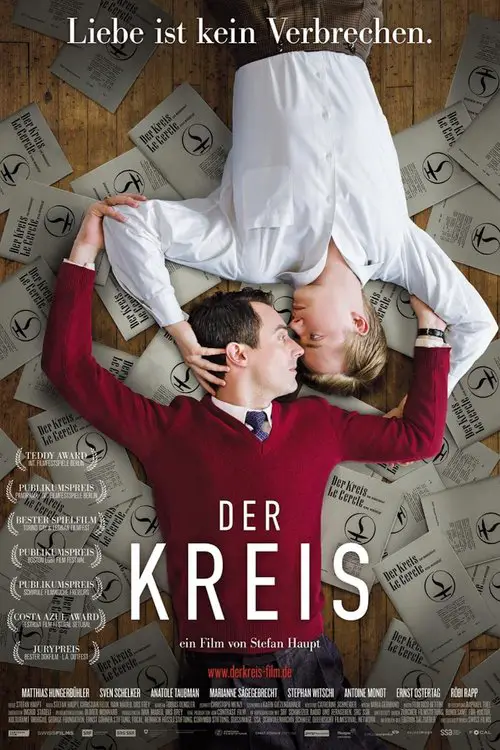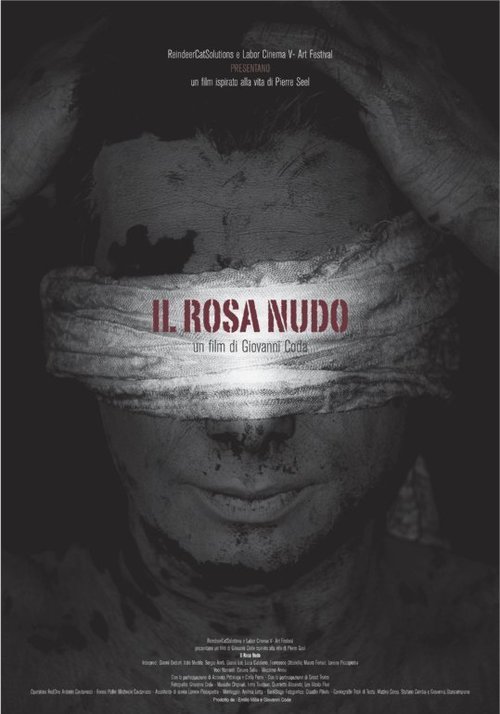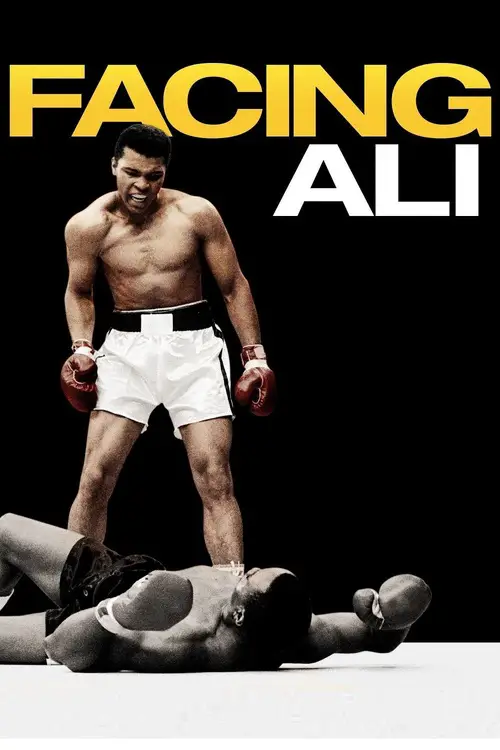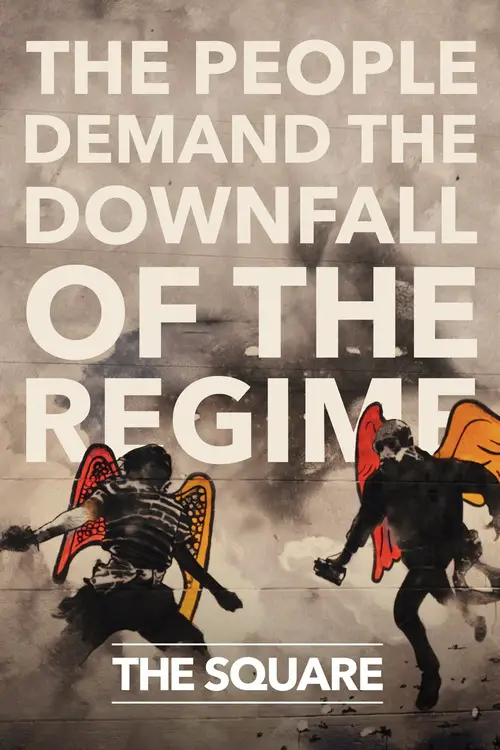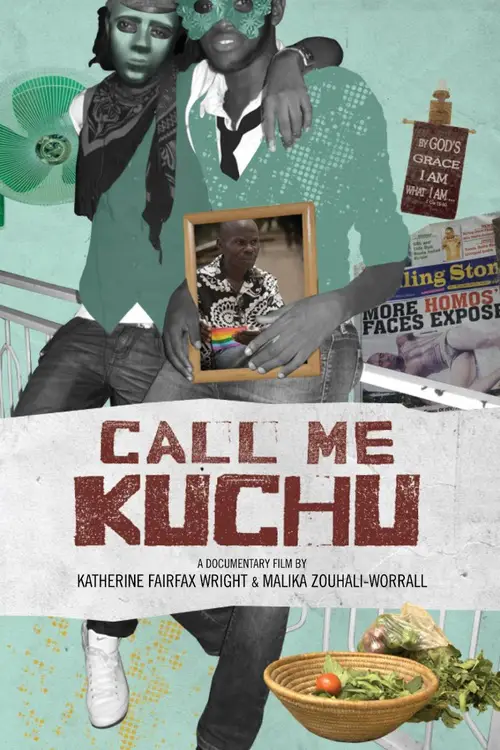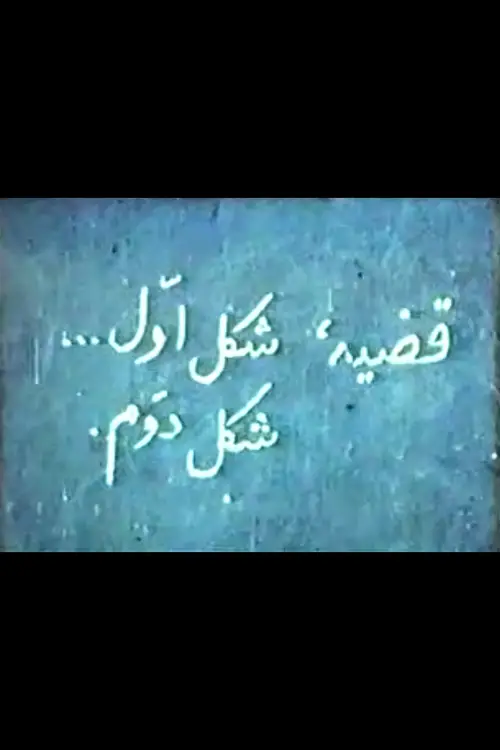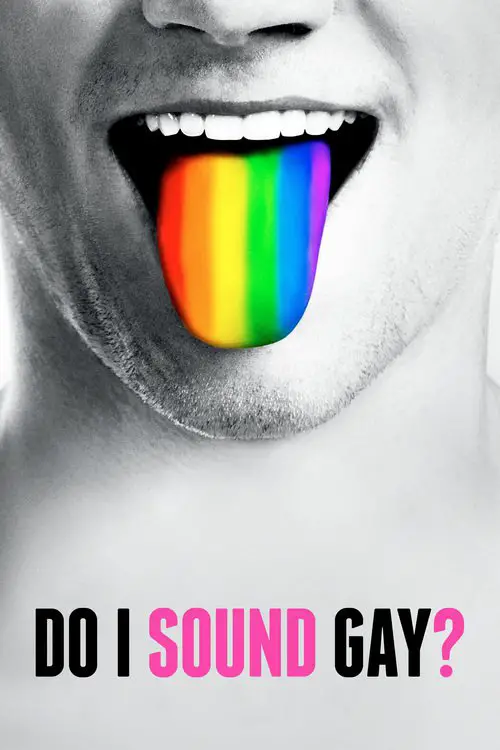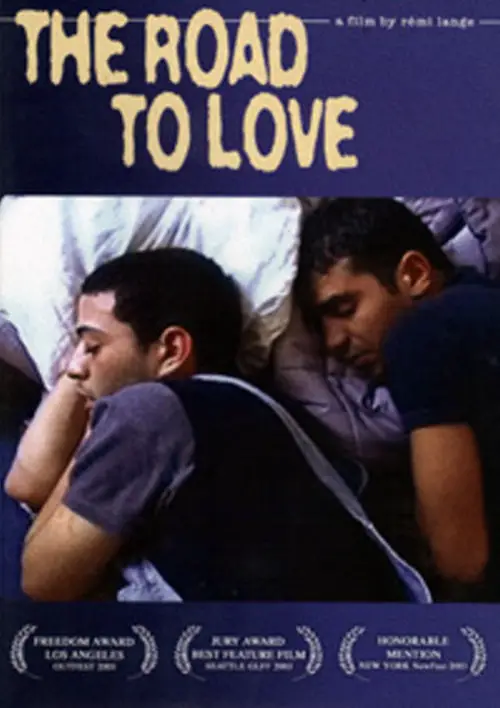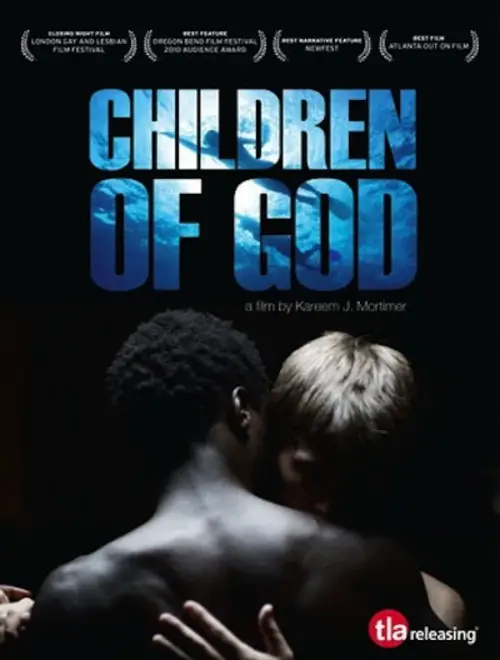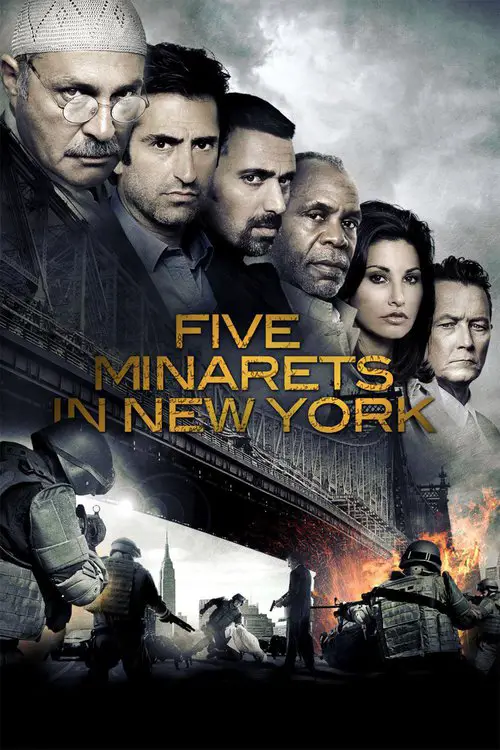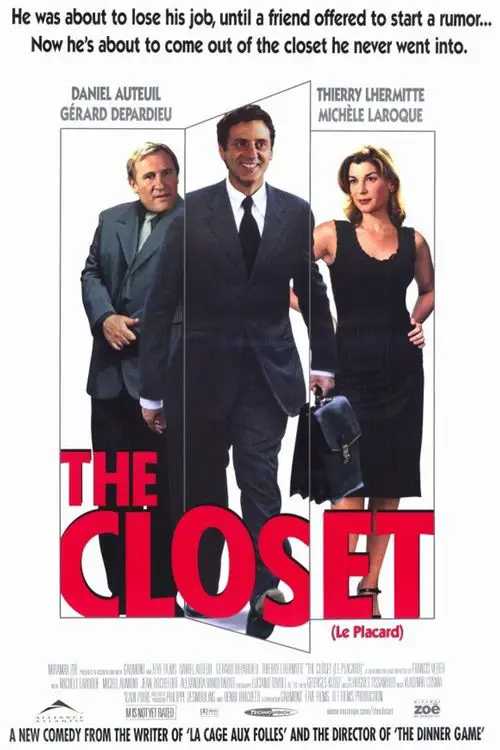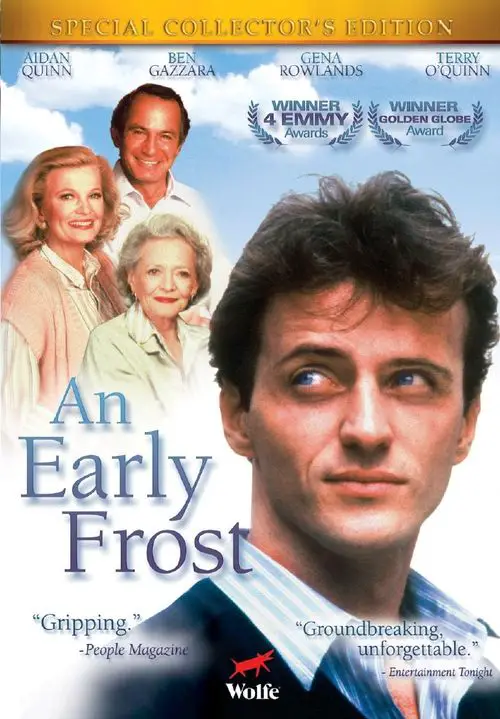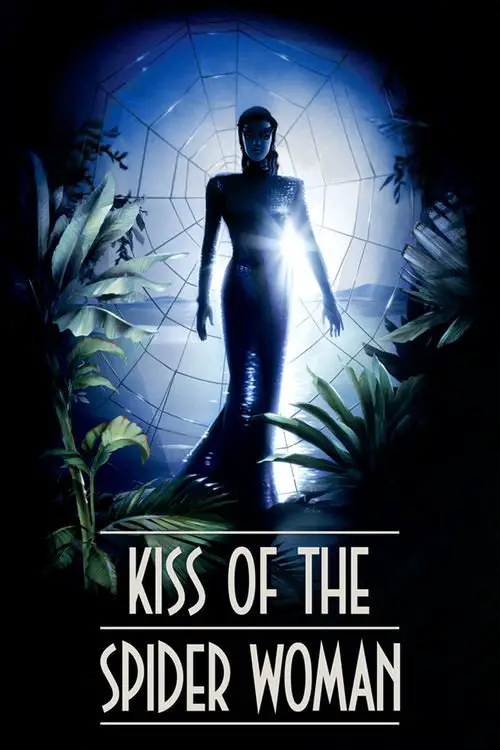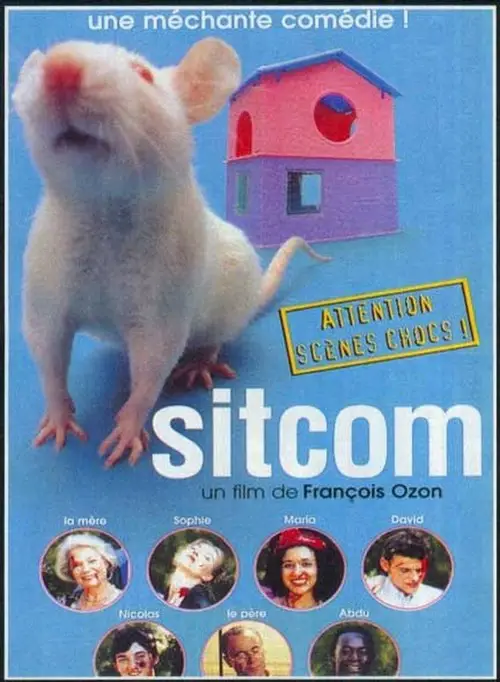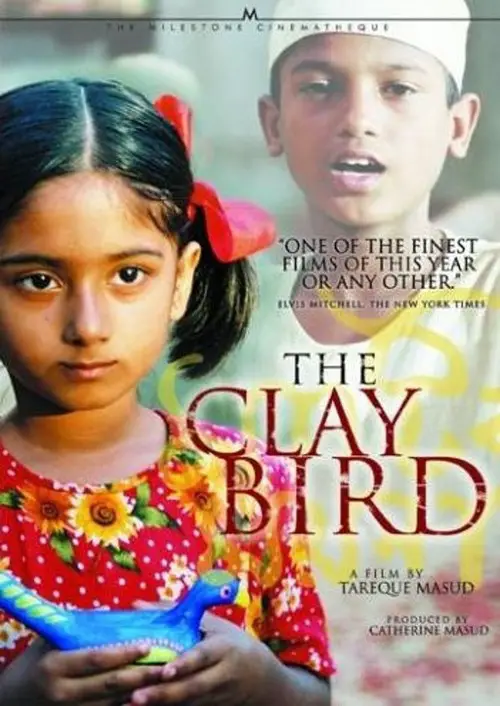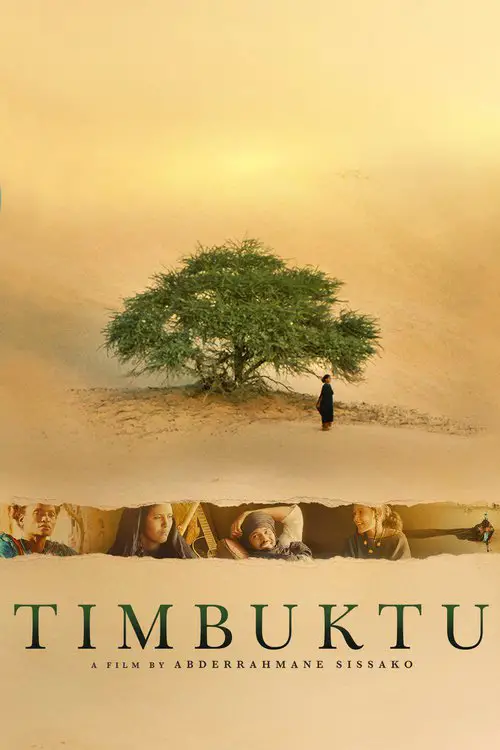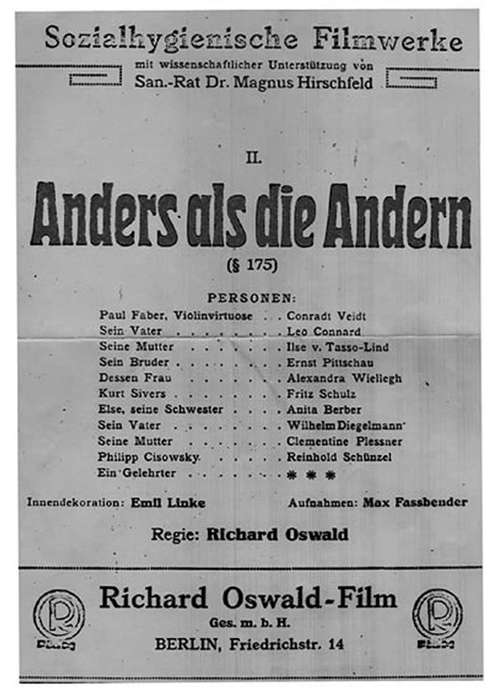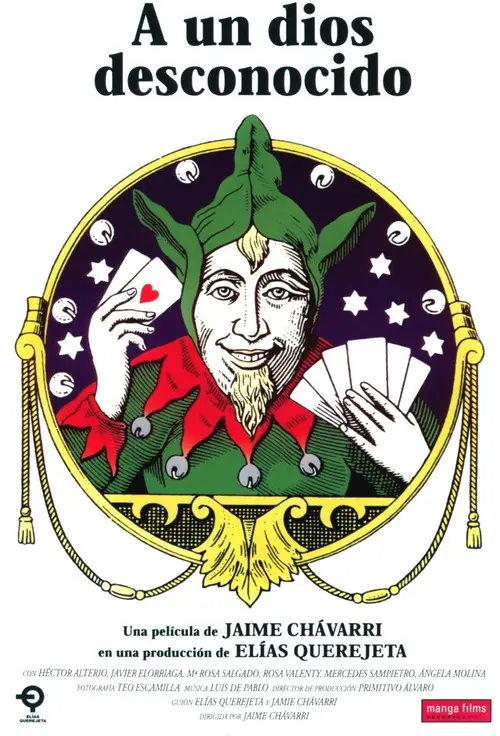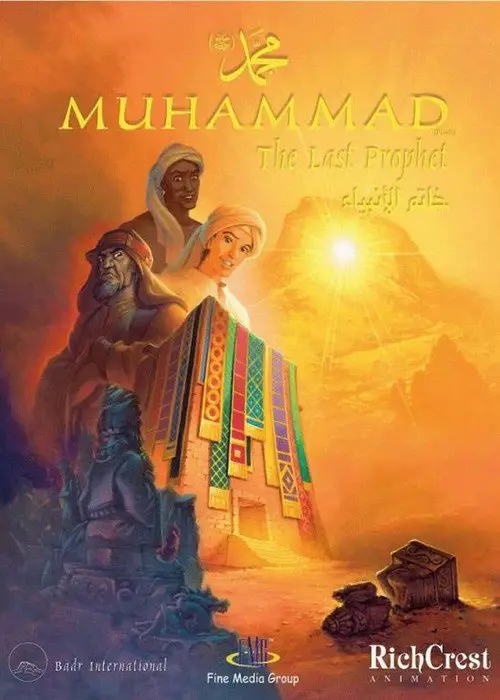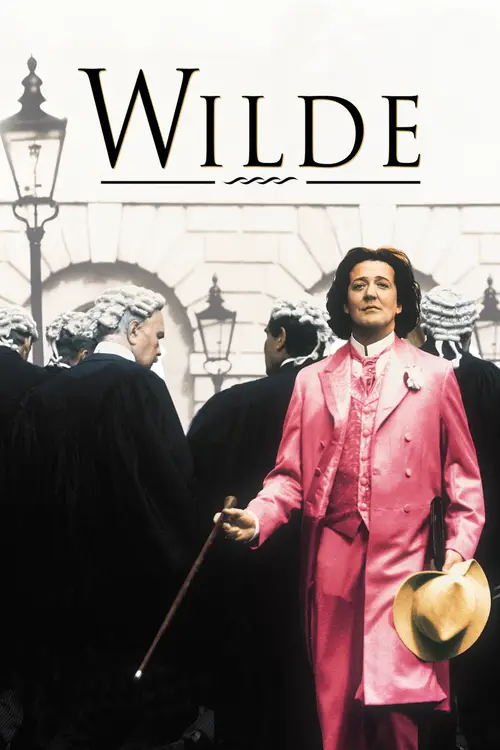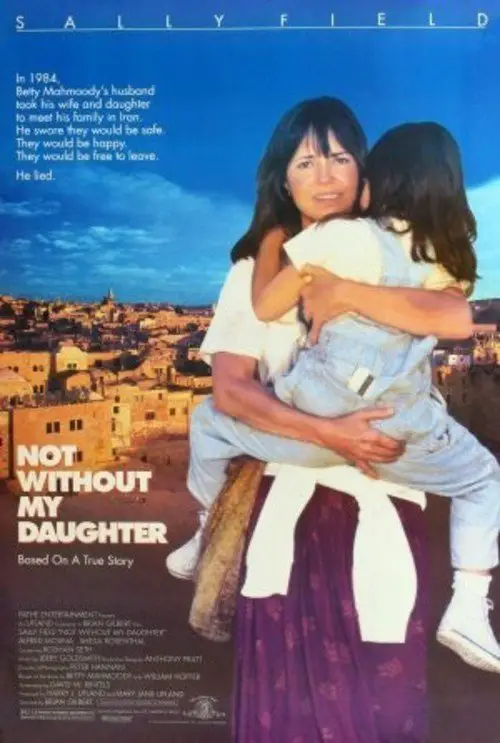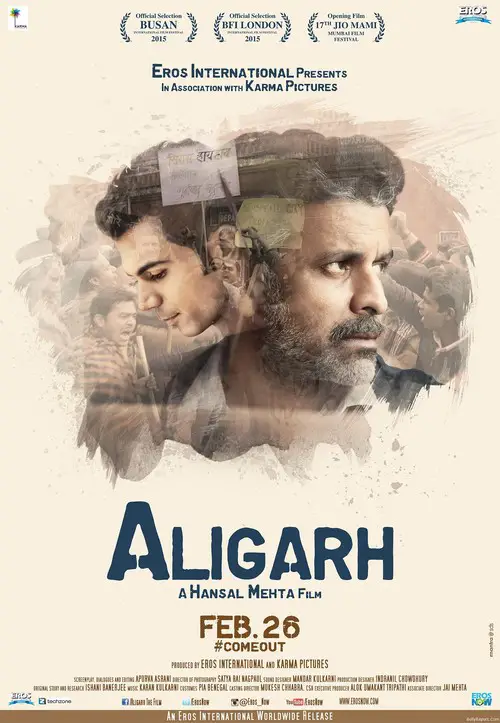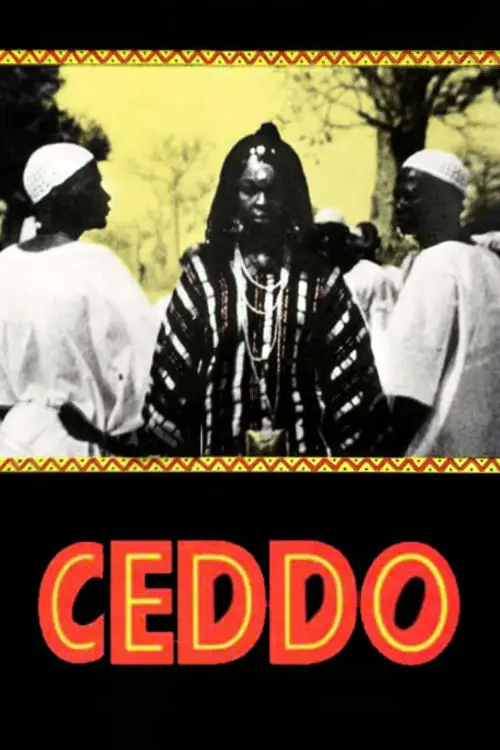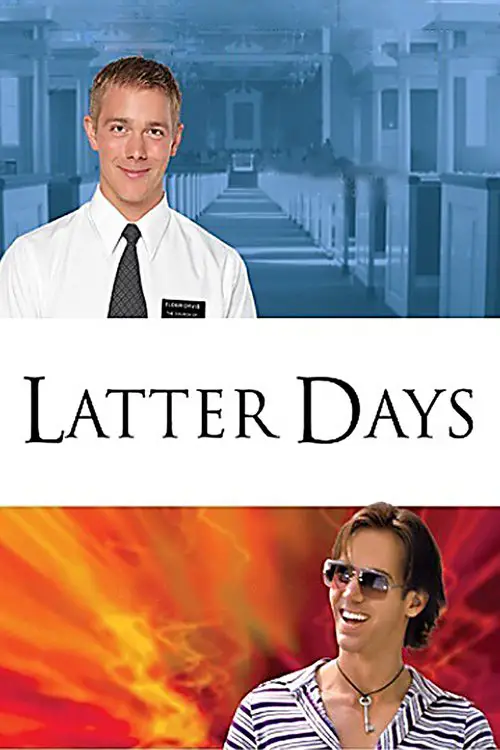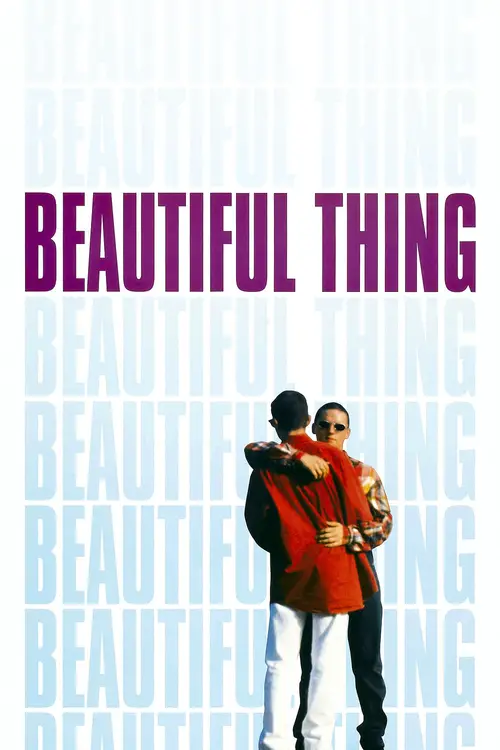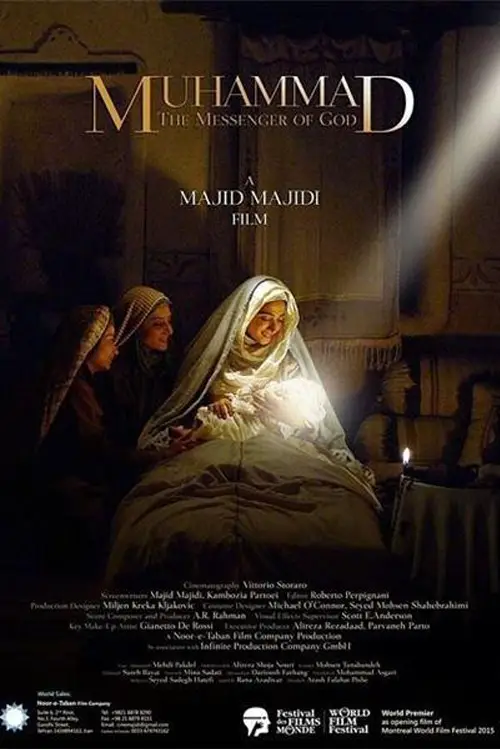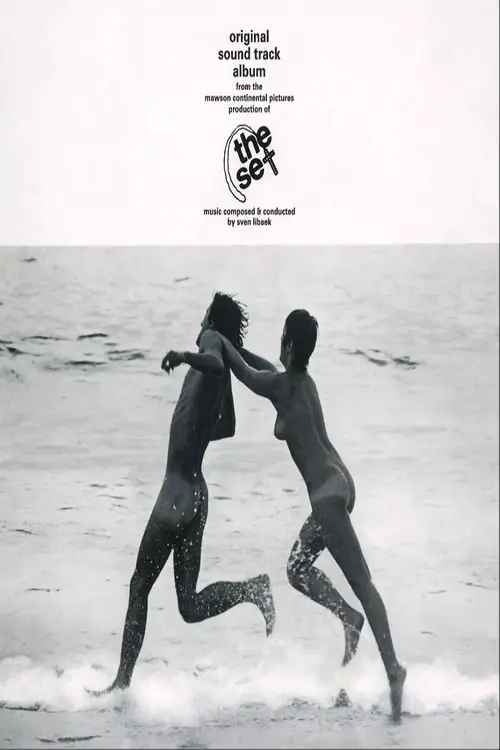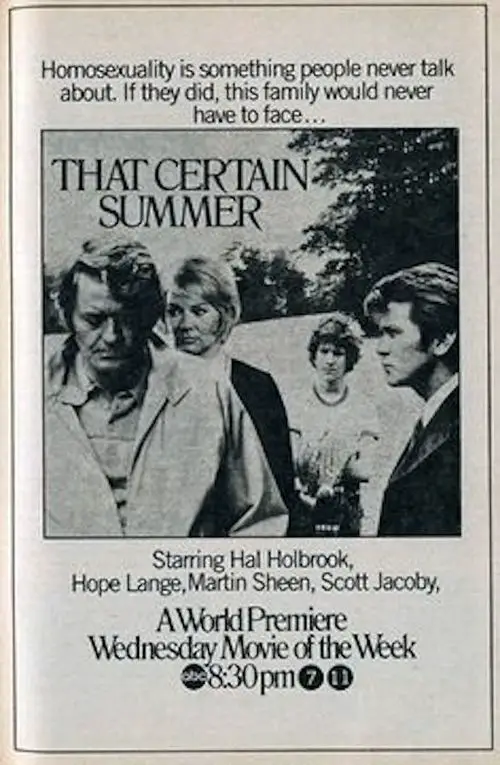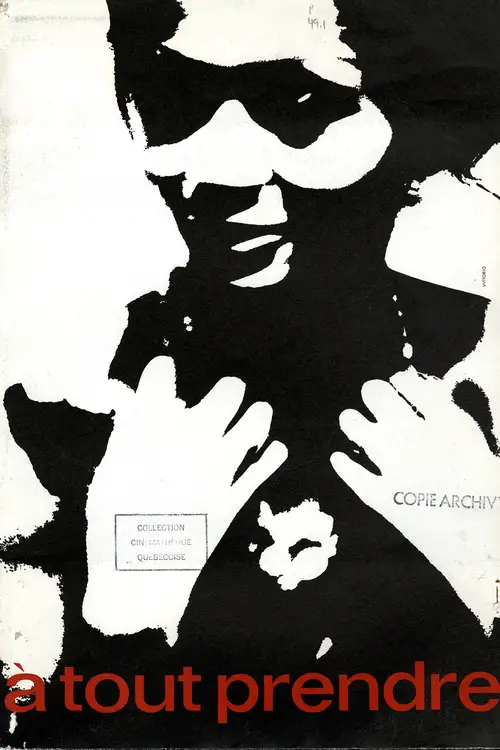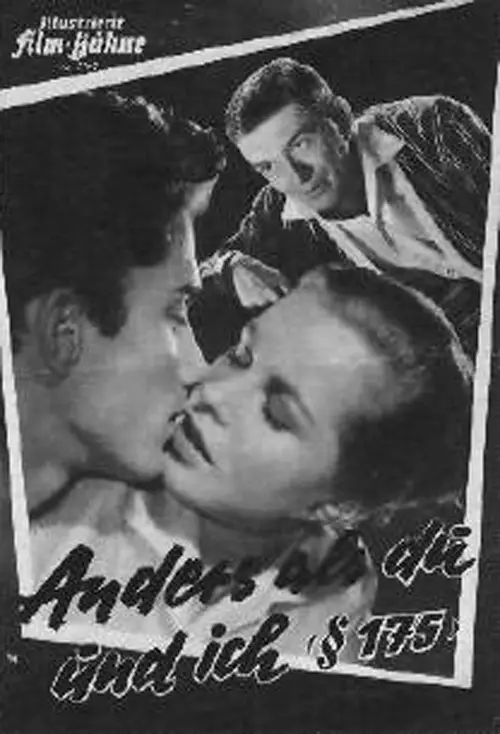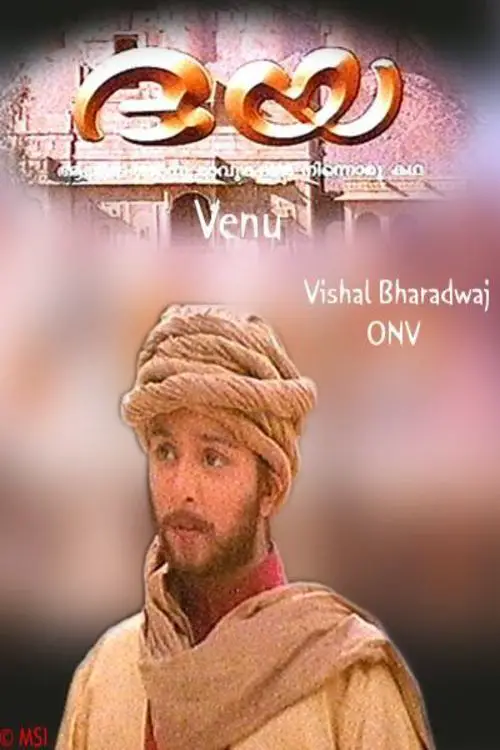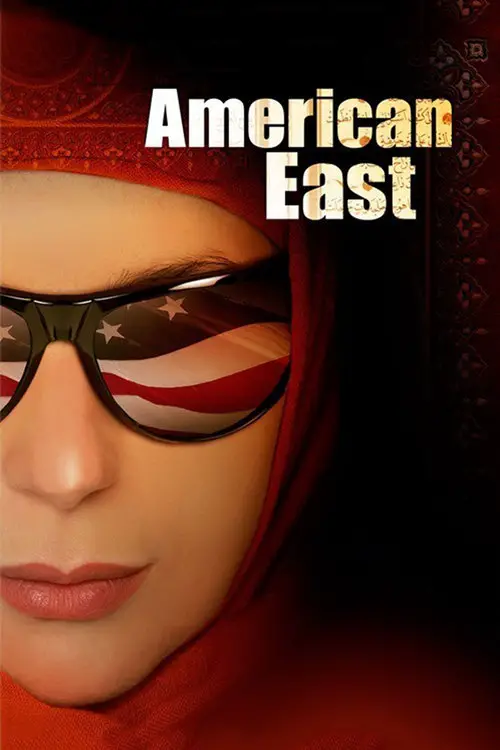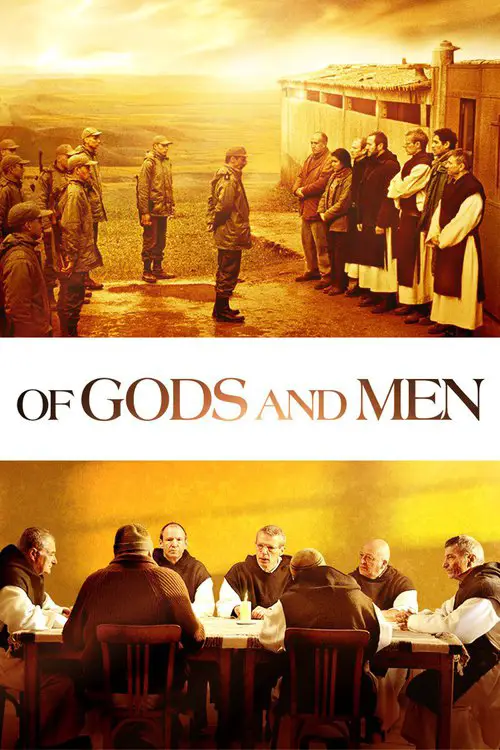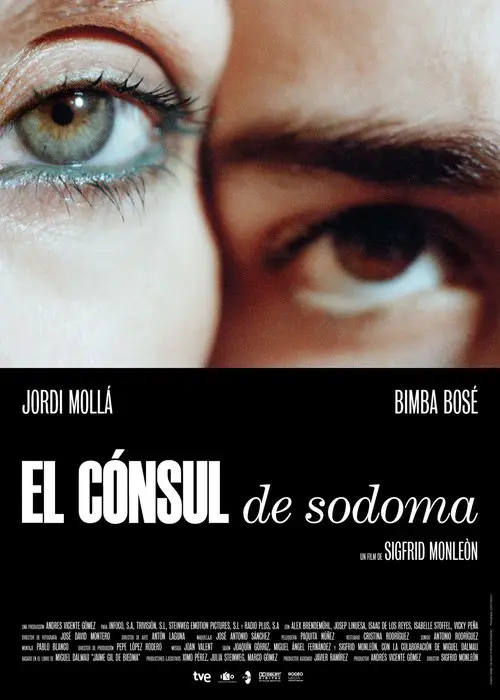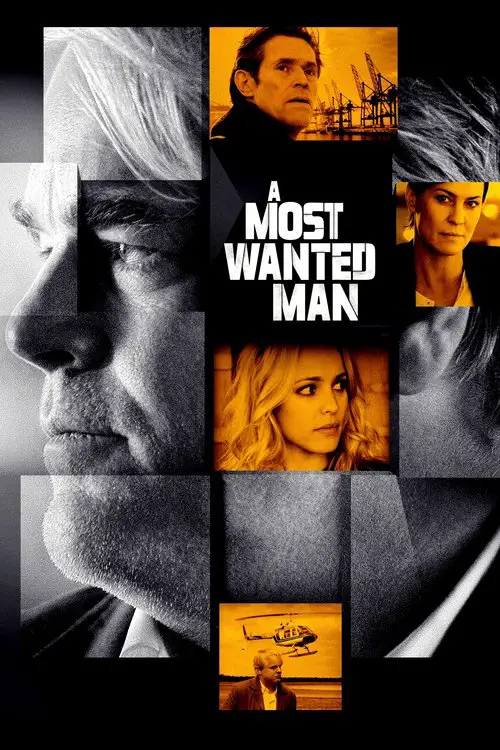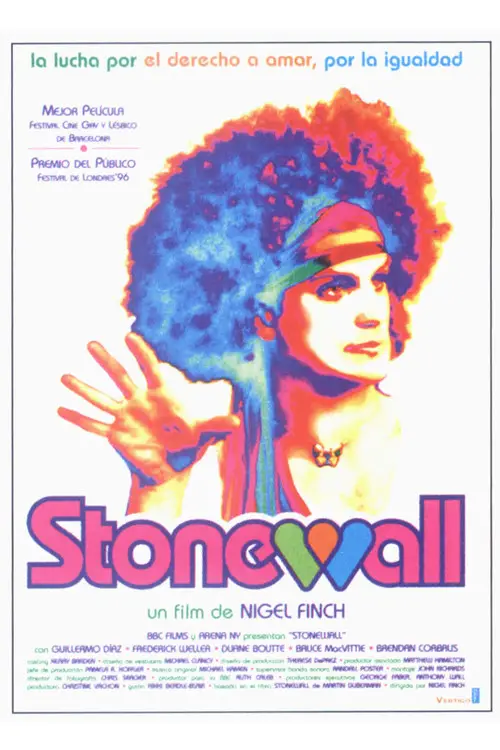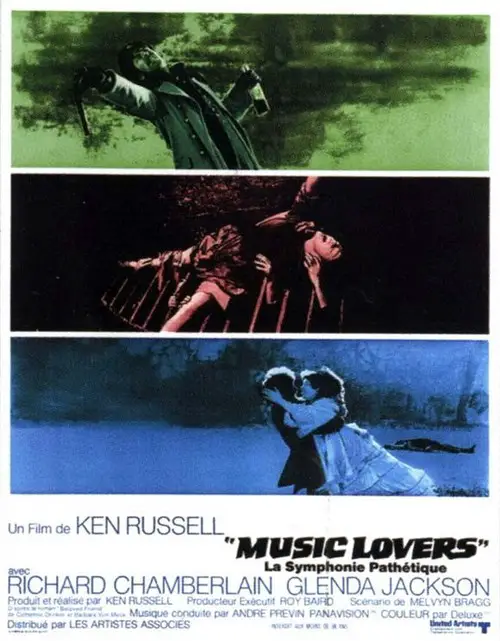A Sinner in Mecca (2015)
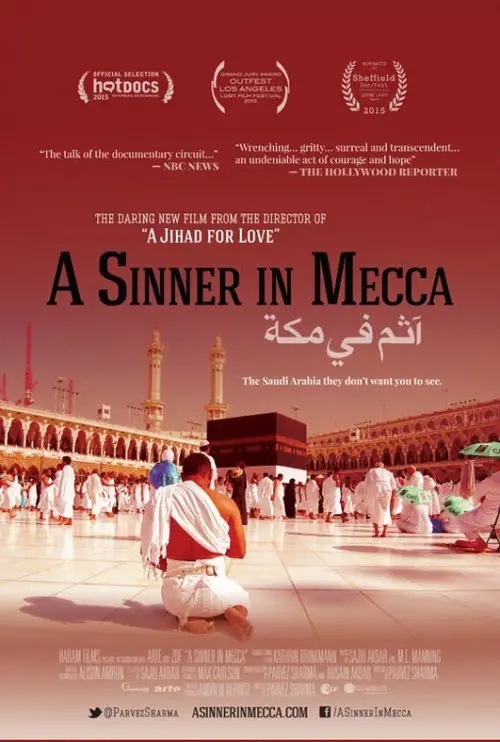
Similar movies
Commentator-comic Bill Maher plays devil's advocate with religion as he talks to believers about their faith. Traveling around the world, Maher examines the tenets of Christianity, Judaism and Islam and raises questions about homosexuality, proof of Christ's existence, Jewish Sabbath laws, violent Muslim extremists.
Islam: Empire of Faith is a documentary series that details the history of Islam, from the birth of the Islamic Prophet, Muhammad to the Ottoman Empire. It is narrated by Ben Kingsley. The first episode deals with the life of Muhammad, the second with the early Caliphates, Crusades, and Mongol invasion, and the third with the Ottoman Empire and Safavid dynasty.
Alan Turing is the genius British mathematician who was instrumental in breaking the German naval Enigma Code during World War II, arguably saving millions of lives. Turing's achievements went unrecognised during his lifetime. Instead he ended up being treated as a common criminal, for being homosexual at a time when homosexual acts were a crime. In 1952, he was convicted of 'gross indecency' with another man and was forced to undergo so-called 'organo-therapy' - chemical castration. Two years later, he killed himself with cyanide, aged just 41. Alan Turing was driven to a terrible despair and early death by the nation he'd done so much to save.
This ninety-minute film takes audiences on an epic journey across nine countries and over 1,400 years of history. It explores themes such as the Word, Space, Ornament, Color and Water and presents the stories behind many great masterworks of Islamic Art and Architecture. Narrated by Academy Award winning performer Susan Sarandon, this dazzling documentary reveals the variety and diversity of Islamic art. It provides a window into Islamic culture and brings broad insights to the enduring themes that have propelled human history and fueled the rise of world civilization over the centuries
Senegalese pop sensation Youssou Ndour has spent the last 20 years in the spotlight as a world-renowned musician and the iconic representative "voice of Africa." At the height of his career, Youssou became frustrated by the negative perception of his Muslim faith and composed Egypt, a deeply spiritual album dedicated to a more tolerant view of Islam. The album's brave musical message was wholeheartedly embraced by Western audiences but ignited serious religious controversy in his homeland of Senegal. The film chronicles the difficult journey Youssou must undertake to assume his true calling.
Brash boxer Cassius Clay burst into the American consciousness in the early 1960s, just ahead of the Civil Rights movement. His transformation into the spiritually enlightened heavyweight champion Muhammad Ali is legendary, but this religious awakening also led to a bitter legal battle with the U.S. government after he refused to serve in the Vietnam War. This film reveals the perfect storm of race, religion and politics that shaped one of the most recognizable figures in sports history.
Zürich in the mid 50âs: The young shy teacher Ernst Ostertag becomes a member of the gay organisation DER KREIS. There he gets to know the transvesti- te star Röbi Rapp â and immediately falls head over heels in love with him. Röbi and Ernst live through the high point and the eventual decline of the organization, which in the whole of Europe is seen as the pioneer of gay eman- cipation. Ernst finds himself torn between his bour- geois existence and his commitment to homosexuality, for Röbi it is about his first serious love relationship. A relationship which will last a lifetime. The film looks back from the present to the time when the âMotherâ of all European homosexual or- ganizations had its high point to the time it slowly fell apart. While the repression against homosexu- als became increasingly more intense in Zurich, two young and very different men fight for their love and â together with their friends â for the rights of gays.
This documentary on the effect the talent competition "Afghan Star" has on the incredibly diverse inhabitants of Afghanistan affords a glimpse into a country rarely seen. Contestants risk their lives to appear on the television show that is a raging success with the public and also monitored closely by the government.
How does art survive in a time of oppression? During the Soviet rule artists who stay true to their vision are executed, sent to mental hospitals or Gulags. Their plight inspires young Igor Savitsky. He pretends to buy state-approved art but instead daringly rescues 40,000 forbidden fellow artist's works and creates a museum in the desert of Uzbekistan, far from the watchful eyes of the KGB. Though a penniless artist himself, he cajoles the cash to pay for the art from the same authorities who are banning it. Savitsky amasses an eclectic mix of Russian Avant-Garde art. But his greatest discovery is an unknown school of artists who settle in Uzbekistan after the Russian revolution of 1917, encountering a unique Islamic culture, as exotic to them as Tahiti was for Gauguin. They develop a startlingly original style, fusing European modernism with centuries-old Eastern traditions.
What "That's Entertainment" did for movie musicals, "The Celluloid Closet" does for Hollywood homosexuality, as this exuberant, eye-opening movie serves up a dazzling hundred-year history of the role of gay men and lesbians have had on the silver screen. Lily Tomlin narrates as Oscar-winning moviemaker Rob Epstein (The Times of Harvey Milk and Common Threads: Stories from the Quilt) and Jeffrey Friedman assemble fabulous footage from 120 films showing the changing face of cinema sexuality, from cruel stereotypes to covert love to the activist triumphs of the 1990s. Tom Hanks, Susan Sarandon, Whoopi Goldberg, Tony Curtis, Harvey Fierstein and Gore Vidal are just a few of the many actors, writers and commentators who provide funny and insightful anecdotes.
Among the millions of victims of the Nazi madness during the Second World War, Pierre Seel was charged with homosexuality and imprisoned in the Schirmeck concentration camp. He survived this terrifying experience of torture and humiliation, and after the war he married, had three children, and tried to live a normal life. In 1982, however, he came to terms with his past and his true nature and decided to publicly reveal what he and thousands of other homosexuals branded with the Pink Triangle had undergone during the Nazi regime. Il Rosa Nudo (Naked Rose), inspired by the true story of Pierre Seel, depicts in a theatrical and evocative way the Homocaust, focusing on the scientific theories of SS Physician Carl Peter Værnet for the treatment of homosexuality, which paved the way for the Nazi persecution of gay men.
The Square, a new film by Jehane Noujaim (Control Room; Rafea: Solar Mama), looks at the hard realities faced day-to-day by people working to build Egyptâs new democracy. Catapulting us into the action spread across 2011 and 2012, the film provides a kaleidoscopic, visceral experience of the struggle. Cairoâs Tahrir Square is the heart and soul of the film, which follows several young activists. Armed with values, determination, music, humor, an abundance of social media, and sheer obstinacy, they know that the thorny path to democracy only began with Hosni Mubarekâs fall. The life-and-death struggle between the people and the power of the state is still playing out.
In Uganda, a new bill threatens to make homosexuality punishable by death. David Kato - Uganda's first openly gay man - and his fellow activists work against the clock to defeat the legislation while combating vicious persecution in their daily lives. But no one, not even the filmmakers, is prepared for the brutal murder that shakes the movement to its core and sends shock waves around the world. (from imdb)
Kiarostami presents two cases for talking heads to evaluate in terms of morality, rights and responsibilities. Case One: Your son is in class, sitting in the back row. His teacher is writing on the board. A restless student in the back row makes a lot of noise. Not knowing who the culprit is, the teacher makes all the children sitting in the last two rows stay outside of the class until the weekend, unless they tell him who made the noise. After a few days spent outside of the classroom, your son relents and tattles on the boy who made the noise, so he can go back in and continue learning. Was he in the right? Case Two: The other students from the back row wait out the rest of the week outside of the class, before returning. Were they in the right?
Slow-burning and smart, French director Rémi Lange's The Road to Love is a romantic tale of self-discovery that also offers a fascinating historical take on homosexuality in northern Africa. French-Algerian sociology student Karim is having trouble finding interviewees for his term project, a video documentary on homosexual relationships in Islamic cultures. As his research progresses, he meets Farid, a handsome flight attendant. In Farid, Karim believes he has found an ideal subject for his film...but he soon begins to admire more than just Farid's insight. When Karim learns that some cultures have accepted and encouraged same-sex unions, he finally begins to face his own sexuality. Set in scenic locales from Paris to Marseilles to Amsterdam (with a brief detour to Jean Genet's grave in Larache, Morocco), The Road to Love is a shrewd and sensual tale of enchantment and desire
Johnny (Johnny Ferro) is an art student in Nassau whose technique is perfect, but heâs creatively blocked. His teacher sends him off to the rural island of Eleuthera where he meets Romeo (Stephen Tyrone Williams), a hot musician. They begin a clumsy dance of attraction and romance. Romeo has a fiancé and is identified as straight, but heâs been known to play with the boys on the side secretly. The Bahamas are bound by religious traditions that discourage homosexuality and end up forcing gay men into the closet. Lena is a pastorâs wife. Her husband demonizes homosexuality to further his career, yet heâs on the DL as well. When Lena discovers that her husband has infected her with VD, he accuses her of infidelities. These characters are all bound together in this intense drama of love, family and secrets.
Two Turkish anti-terrorist agents are sent to New York City on a mission to find and bring back the dangerous Islamic leader codenamed "Dajjal", believed to be hiding in there. Working with the FBI and NYPD, the agents orchestrate the arrest of Hadji Gumus, a well-respected Muslim scholar and family man who years before fled to the United States after being released from a Turkish prison, where he served time for murder. This tale love, friendship, peace and prejudices, takes us on a journey seeking to answer the question of whether innocence or guilt even matters to one who lusts for vengeance.
Set in the mid-eighties Michael Pierson, a young gay man, is struck with AIDS in the prime of his life. He's forced to be open about the disease and his homosexuality for the first time with his co-workers (he's a successful lawyer) and family. He, and the people around him, must face up to the inevitablity of his death and the disease that's killing him. "An Early Frost" was many people's first look at an AIDS victim as a human being instead of a statistic.
Luis Molina and Valentin Arregui are cell mates in a South American prison. Luis, a homosexual, is found guilty of immoral behaviour and Valentin is a political prisoner. To escape reality Luis invents romantic movies, while Valentin tries to keep his mind on the situation he's in. During the time they spend together, the two men come to understand and respect one another.
The adventures of an upper-class suburban family abruptly confronted with the younger brother's discovery of his homosexuality, the elder sister's suicide attempt and sado-masochist tendencies, and the intrusion of a very free-spirited maid and her husband... And it all started with the arrival in the family of an innocent looking rat...
Set against the backdrop of the turbulent period in the late 60's leading up to Bangladesh's independence from Pakistan, MATIR MOINA (The Clay Bird) tells the story of a family torn apart by religion and war. A young boy, Anu, is sent off to a strict Islamic school, or madrasa, by his deeply religious father Kazi. As the political divisions in the country intensify, an increasing split develops between moderate and extremist forces within the madrasa, mirroring a growing divide between the stubborn but confused Kazi and his increasingly independent wife. Touching upon themes of religious tolerance, cultural diversity, and the complexity of Islam, MATIR MOINA has universal relevance in a crisis-ridden world.
The film is about the difficult situation in which the Pakistanis in particular and the Muslims in general are caught up since 9/11. There is a war going on between the Fundamentalists and the Liberal Muslims. This situation is creating a drift not only between the Western world and the Muslims, but also within the Muslims. The educated and modern Muslims are in a difficult situation because of their approach towards life and their western attire. They are criticized and harassed by the fundamentalists and on the other hand the Western world sees them as potential suspects of terrorism just because of their Muslim names.
More than fourteen centuries ago, Mecca was filled with gambling, drunkenness, slavery, the mistreatment of women, and greed. The holy Ka'bah was littered with idol gods. Pilgrims came by the thousands to worship them. Quarysh, Mecca's ruling body, reveled in the their good fortune but cared little for the welfare of the pilgrims of Arabia.Against this dismal scene, a man named Muhammad (pbuh) retreated to a cave high above Mecca to pray. The events that transpired in that cave changed the course of human history.This is the story of the blessings of Muhammad (pbuh) - The Last Prophet.
The story of Oscar Wilde, genius, poet, playwright and the First Modern Man. The self-realisation of his homosexuality caused Wilde enormous torment as he juggled marriage, fatherhood and responsibility with his obsessive love for Lord Alfred Douglas, nicknamed Bosie. After legal action instigated by Bosie's father, Wilde refused to flee the country and was sentenced to to two years at hard labour
Set in the city of Uttar Pradesh and based on true events, the plot revolves around Dr Shrinivas Ramchandra Siras who taught Marathi at Aligarh Muslim University. He was sacked from his position of Reader and Chair of Modern Indian Languages, on charges of homosexuality. A sting operation was conducted by a TV channel which showed him in an embrace with a rickshaw puller, at his house inside the campus.
Aaron Davis (Steve Sandvoss) and Christian Markelli (Wes Ramsey) are the two most opposite people in the world. Aaron is a young Elder (or a Mormon missionary) who wants to do his family proud and is quite passionate about his religion and film. Christian is a shallow WeHo waiter/party boy who only looks forward to bedding a new guy every night.
By the order of King of Habasha Abraha, one of his army commanders charges ahead Mecca to ruin the House of God. He leads thousands of soldiers, horses and elephants all fully equipped. By Godâs will in 3km distance from Mecca, in its outskirts the elephants come to a standstill refusing to take any more steps. Millions of small birds throw red hellish pebbles carrying in their beaks on Abrahaâs forces and the army is all annihilated. A month later, the Holy Prophet of Islam, Muhammad (PBUH) is born. This film depicts the age of Paganism and all its oppressions, cruelty and injustice through the eyes of Muhammad up to the age of 13. âWeâre going to help open your eyes to what Islam really is all about,â Majidi added. âWe have a lot of positive things to share with the world, provided that the West is ready for such a dialogue. I think that Iran can have something someting strong to say through its arts and culture.â
The first US teleplay to deal sympathetically with homosexuality. Divorced San Francisco contractor Doug Salter is looking forward to a summer visit from his fourteen-year-old son Nick, who lives in Los Angeles with his mother Janet. The boy does not know that his father is gay and committed to Gary McClain, his life partner of several years.
The movie takes place in the early 18th century on the borders between Bosnia and Dalmatia, the crossroad between the Ottoman Empire and the Republic of Venice. It deals with issues relating to the region's native Croats as they struggle between to live between two empires and two faiths: Catholicism and Islam.
Summer in L.A., it's hot. Homeland Security has set the threat level at red; they're searching for several Arabs alleged to be terrorists. Mustafa, an Egyptian immigrant who runs a falafel shop, comes to the FBI's attention; they investigate him. He has other problems: his young teen son no longer wants to be a Muslim; his sister, a nurse, objects to Mustafa arranging her marriage to a cousin from Egypt. She has a non-Arab suitor of her own. Omar, an employee of Mustafa, is a struggling actor who doesn't want to play only terrorists. Mustafa hopes to open a real restaurant and has a potential partner in Sam, a Jew, whose family objects. What price the American dream?
Maxi thinks is life is perfect. He is a famous cook who own a top hype restaurant in Chueca. He is living is homosexual life without complex. But when is sons appears and come an new neighbor wich is an attractive ex famous argentinian soccer player, they will punch his regular life and change his valors.
French drama based on the 1996 kidnapping and killing of seven monks in Algeria. A group of Trappist monks reside in the monastery of Tibhirine in Algeria, where they live in harmony with the largely muslim population. When a bloody conflict between Algeria's army and Muslim Jihadi insurgents disrupts the peace, they are forced to consider fleeing the monastery and deserting the villagers they have ministered to. In the face of deadly violence the monks wrestle with their faith and their convictions, eventually deciding to stay and help their neighbours keep the army and the insurgents at bay.
Fascinating journey through the life and work of the prestigious Catalan poet Jaime Gil de Biedma, both marked by sexuality and eroticism. Charismatic and somewhat eccentric, brilliant intellectual with extraordinary sensitivity and member of Barcelona's 'gauche divine' in the 60s, Gil de Biedma liked to describe himself as a 'poet of experience' while he suffered dreadfully from the dichotomy strangling him: bourgeois and executive for a multinational by day, communist and homosexual poet by night.
When a half-Chechen, half-Russian, tortured half-to-death immigrant turns up in Hamburg's Islamic community, laying claim to his father's ill gotten fortune, both German and US security agencies take a close interest: as the clock ticks down and the stakes rise, the race is on to establish this most wanted man's true identity - oppressed victim or destruction-bent extremist?
© Valossa 2015–2026
| Privacy Policy

